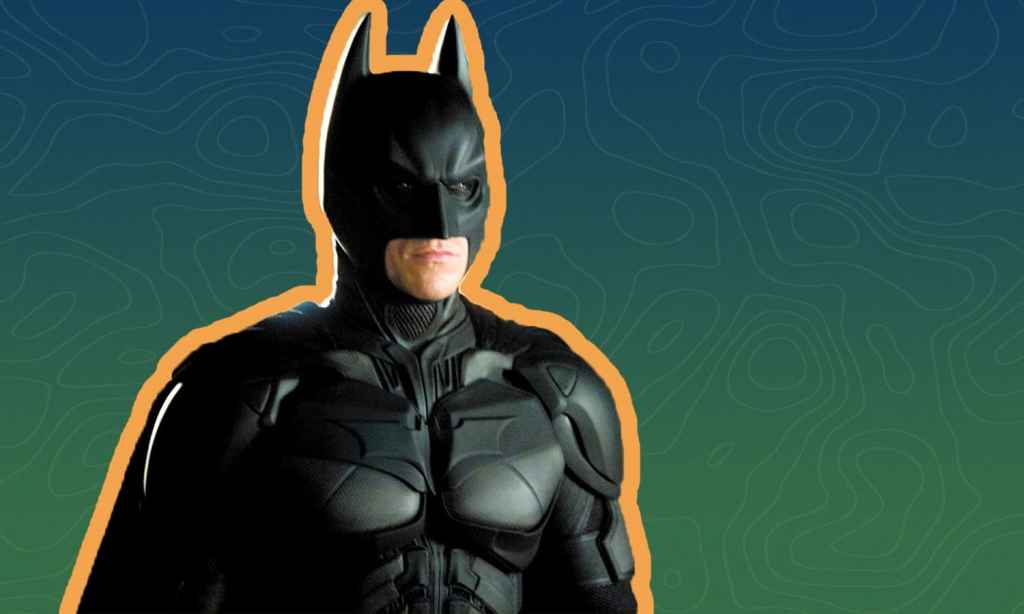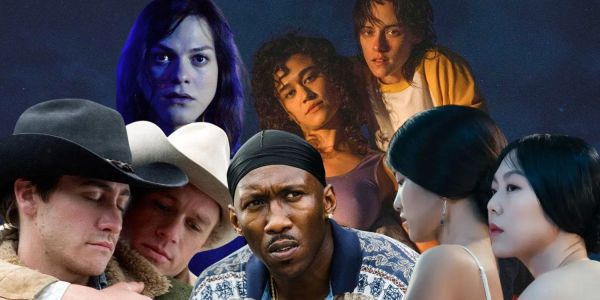Name the best film ever made.
If you said The Dark Knight, you are A) correct, and B) probably a slightly nerdy male in their late 20s for whom that film was perfectly marketed.
Christopher Nolan’s Batman epic was released in 2008 and from the sound design, to the still-shocking violence, and the haunting performance of the late, great Heath Ledger as the Joker (that opening scene alone merit’s the actor’s posthumous Oscar for the role), the film remains one of the greatest of the past two decades and a rare example of the sequel being better than the original.
If you are in the demographic for whom the film was made, you probably also didn’t quite get the international political context that the film was responding to.
At the time, The Dark Knight broke almost every box office record in history. It also explored the conservative values that underpinned the ongoing war on terror that was then in its third year.
“The Dark Knight is a conservative movie about the war on terror,” wrote Andrew Klavan in The Wall Street Journal in 2008.
For Klavan, it is “at some level a paean of praise to the fortitude and moral courage that has been shown by George W. Bush in this time of terror and war”.
“Like W, Batman is vilified and despised for confronting terrorists in the only terms they understand. Like W, Batman sometimes has to push the boundaries of civil rights to deal with an emergency, certain that he will re-establish those boundaries when the emergency is past”.
The film ends with Batman taking the fall for the actions of Harvey Dent, hunted by Gotham despite having done ‘the right thing’ by capturing the Joker.
While the argument that The Dark Knight pushes a conservative narrative that seeks to justify the war on terror has some merit, it could just as easily be read as an appeal to non-violence and the enduring benevolence of people in dark times.
Batman refuses to kill the Joker during the film, even when he does unspeakable acts like blowing up a hospital and using a suicide bomber in a prison. During the film’s climax, the Joker holds two boatloads of people hostage, threatening to blow them both up unless one blows up the other to save themselves. Neither boat do.
Even the Joker himself is left by Batman to be processed by the authorities and the legal system – a stark rebuttal of Klavan’s reading and the killing of Taliban and Al Qaeda leaders – only to be accidentally dropped off of the building he is hanging from by the police in a post-credits scene added in post-production to tie up the loose end caused by the tragic passing of Ledger.
(It’s unlikely Nolan was hinting at the wanton capacity for extra-judicial killings that police forces across America have metered out to people they dislike but it’s interesting to think about in the wake of the Black Lives Matter movement).
The success of The Dark Knight kicked off the superhero genre in a way that was previously unthinkable, spawning the Marvel cinematic universe juggernaut that remains a license to print money to this day.
However, while Nolan’s Batman is a moral crusader, sacrificing everything for what is right in the fight against terrorists like The Scarecrow and Bane, our own understanding of the morality of the war on terror and subsequently, ourselves, has shifted dramatically over the past two decades.
The parallels between The West as the harbingers of peace and justice on a crusade of holy violence and the superheroes in our collective cultural conscience are easily and endlessly drawn.
However, even in Nolan’s trilogy, the line between good and evil is not so starkly drawn, a trend that has only continued as moral relativism and intersectionality become more dominant concepts.
Think of the success of morally ambiguous characters like Iron Man or Wolverine, and even the global phenomena that was Game of Thrones, a series that showcased the individual capacity for both extreme cruelty and self-sacrificial compassion.
It’s as if we’ve all come around to the great Russian author Aleksandr Solzhenitsyn’s often quoted refrain that “The line separating good and evil passes not through states, nor between classes, nor between political parties either — but right through every human heart”.
Our leaders, far from embodying the heroics of Batman, became the villains. President Donald Trump even lifted sections from the speech given by Bane as he takes over Gotham in his inauguration speech.
As the West withdraws from Afghanistan 20 years on, battered and shaken in its belief that it can be a force for good in the world, and, arguably, leaving the country in a far worse state than it was before we arrived, we can only dream of being half the hero that Nolan’s Batman was.
The phenomenal legacy of this trilogy is hard to overstate both in its cinematic and cultural impact. While its crusading message may have gotten us into this mess, its steadfast reliance on discipline, courage and the commitment to non-lethal confrontation and the rule of law can also help steer us towards a better dawn.
To coincide with Batman Day, September 18, HOYTS Cinemas are showing The Dark Knight trilogy in select cinemas over the following three weekends. Head to HOYTS for all the details.
Read more stories from The Latch and subscribe to our email newsletter.







